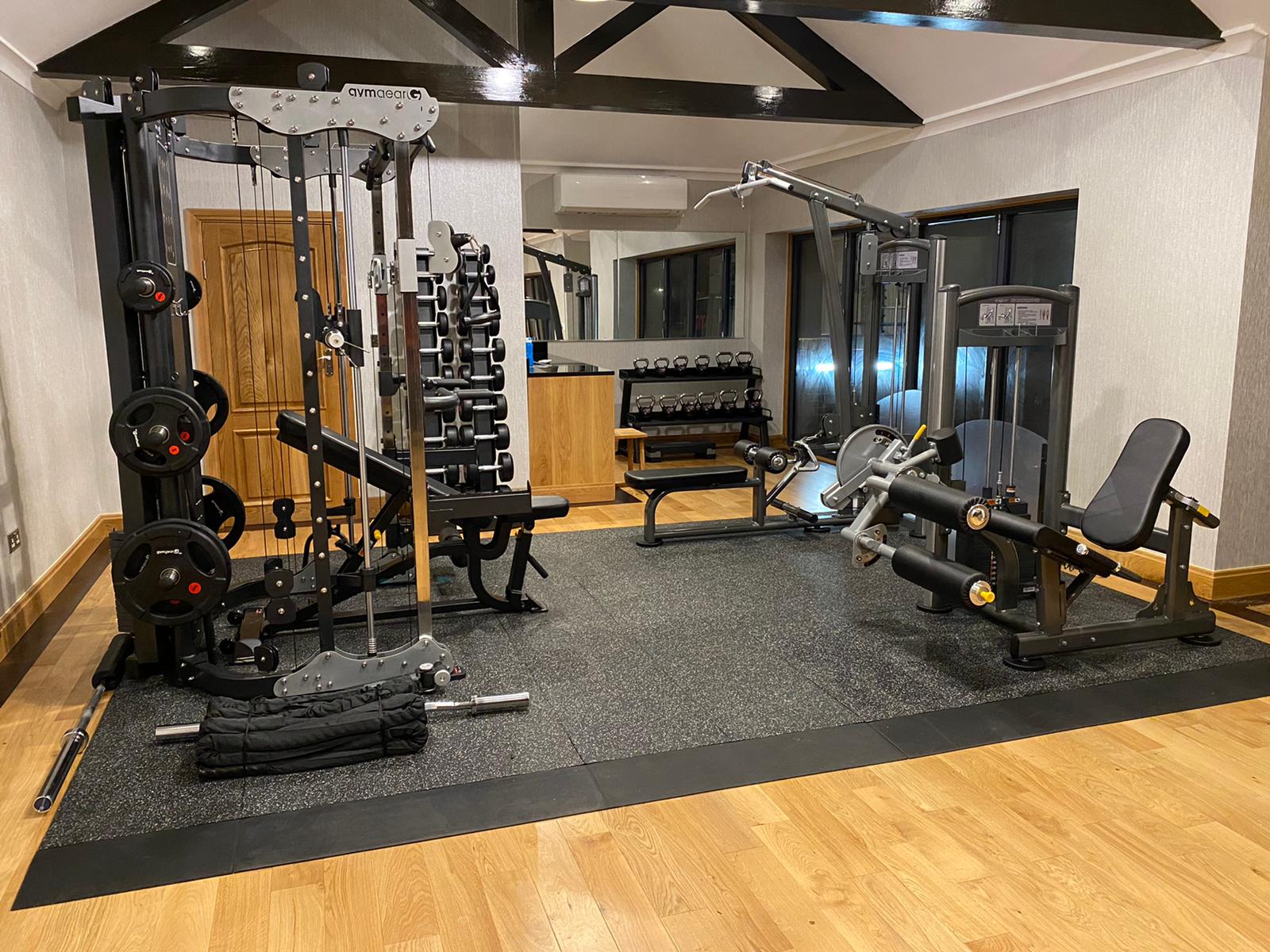7 habits that are killing your energy and mental health | What habits are bad for mental health?
In today's fast-paced world, it is common to feel drained and low on energy.
We often attribute this to our busy schedules and long work hours, but sometimes it is our own habits that are the root cause.
In this article, we will discuss 7 habits that are killing your energy and how you can break them to live a more energized and fulfilling life.
Lack of Sleep:
One of the most common reasons for low energy levels is lack of sleep.
It is essential to get at least 7-8 hours of sleep every night to allow your body to rest and recharge.
Chronic sleep deprivation can lead to various health problems, including fatigue, irritability, and decreased cognitive function.
Try to establish a regular sleep routine and avoid screen time before bed to improve your sleep quality.
Poor Diet:
Your diet plays a significant role in determining your energy levels.
Eating a balanced diet with plenty of fruits, vegetables, whole grains, and lean protein is crucial for maintaining optimal energy levels.
Avoid consuming high-sugar and high-fat foods that can cause a sugar crash and leave you feeling lethargic.
Make sure you stay hydrated by drinking plenty of water throughout the day.
Sedentary Lifestyle
A sedentary lifestyle is another habit that can drain your energy.
Sitting for long periods can cause stiffness in your muscles and joints, leading to fatigue and decreased mobility.
Try to incorporate some physical activity into your daily routine, such as taking a walk or stretching during breaks.
Regular exercise can boost your energy levels and improve your overall health.
Multitasking
Many people believe that multitasking is an efficient way to get things done, but it can actually be counterproductive.
Switching between tasks frequently can cause mental fatigue and decrease productivity.
Try to focus on one task at a time and take short breaks to avoid burnout.
Procrastination
Procrastination is a habit that can lead to stress and decreased energy levels.
Delaying tasks can cause anxiety and make it challenging to complete them, leading to a sense of overwhelm and fatigue.
Try to break down tasks into smaller, manageable steps and establish a timeline to complete them.
Negative self-talk
Negative self-talk is a habit that can affect your mental and physical well-being.
When you constantly criticize yourself, it can lead to stress, anxiety, and decreased energy levels.
Try to reframe negative thoughts into positive ones and practice self-compassion.
Focus on your strengths and achievements to boost your confidence and energy.
Lack of Boundaries
Not setting boundaries can drain your energy and lead to burnout.
It is essential to establish limits on your time and energy to avoid overcommitment and exhaustion.
Learn to say no to requests that do not align with your priorities and establish a healthy work-life balance.
In conclusion, breaking these habits can help you increase your energy levels and live a more fulfilling life.
By prioritizing sleep, diet, exercise, focus, productivity, positivity, and boundaries, you can improve your physical and mental well-being, boost your energy levels, and achieve your goals.
Remember, small changes can make a big difference, so start by taking one step at a time towards a more energized life.






















.png)


